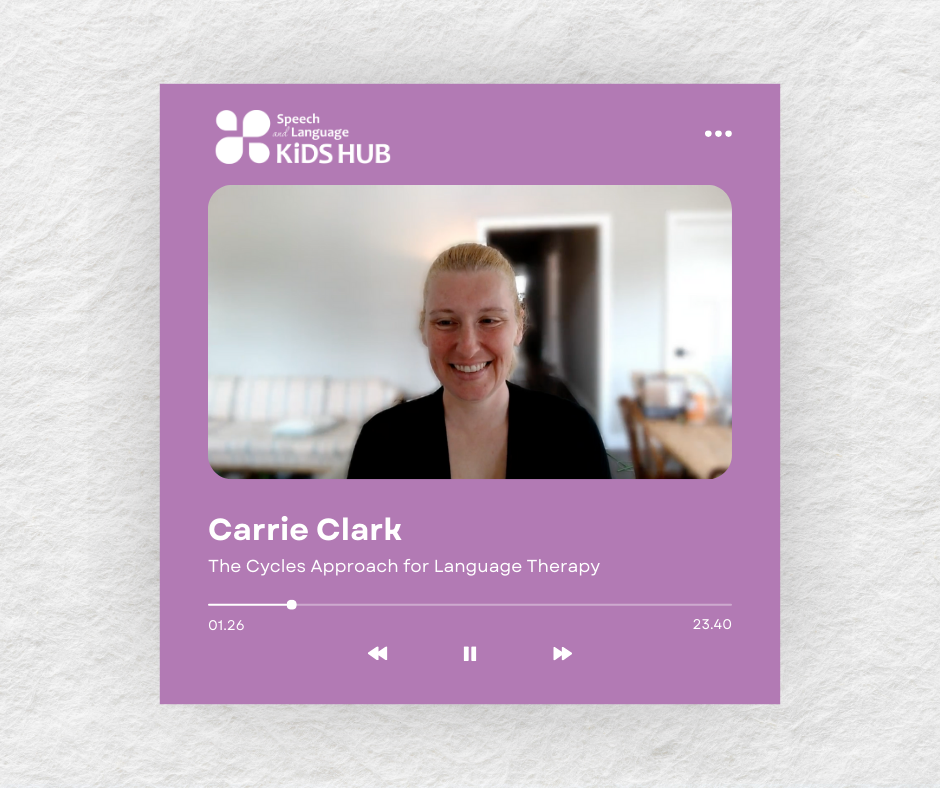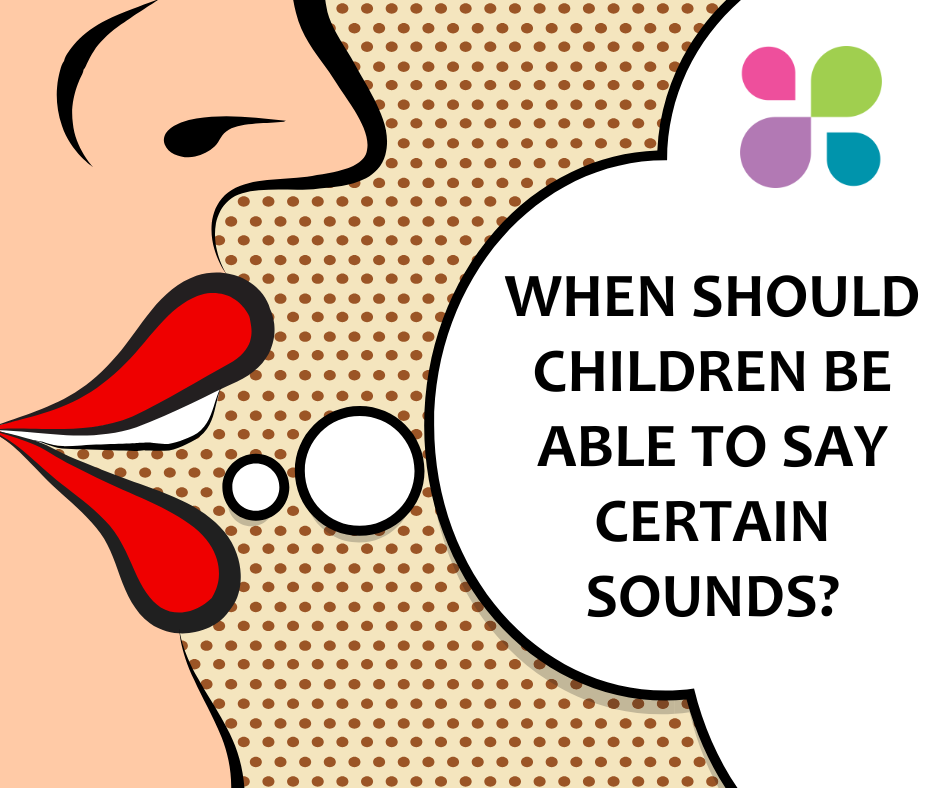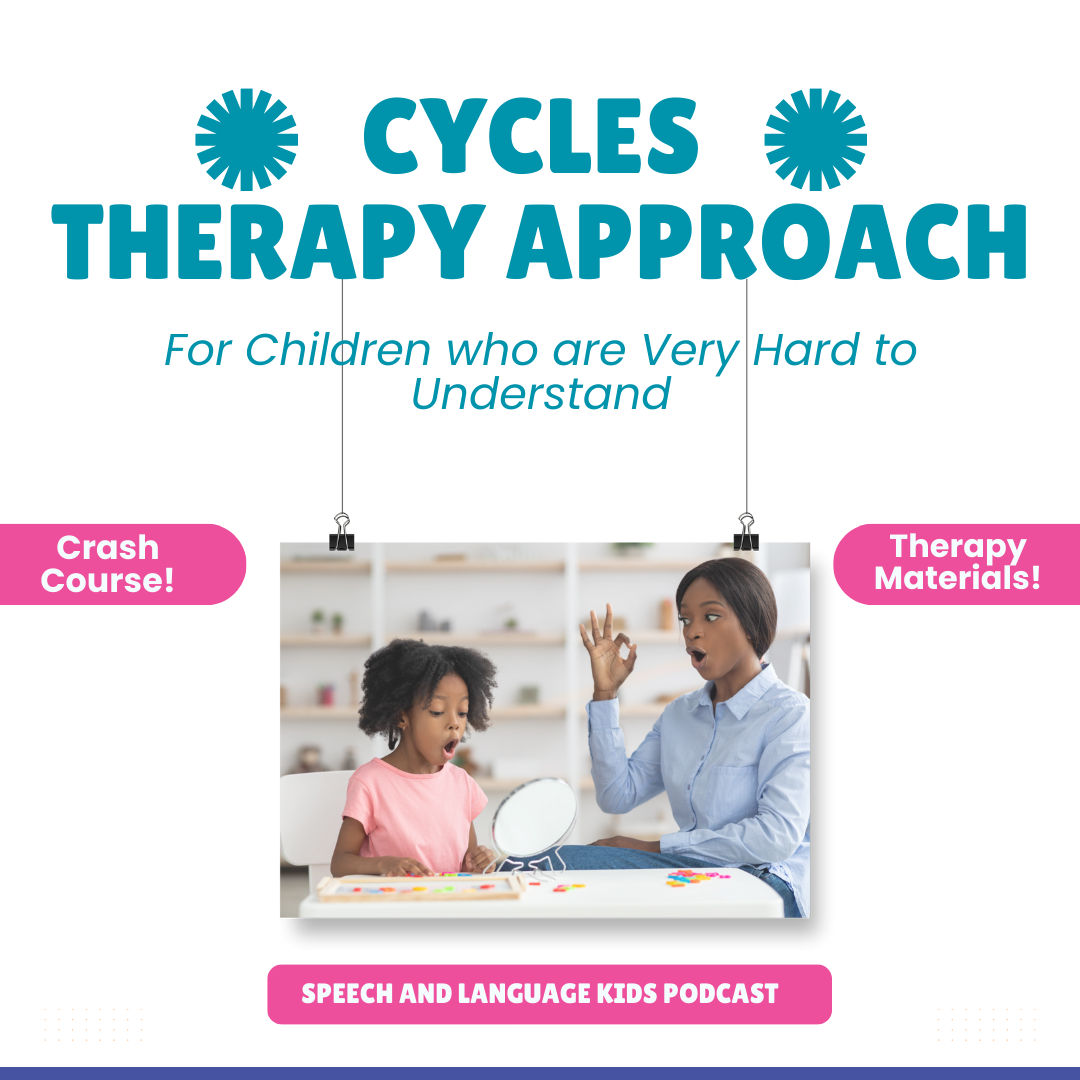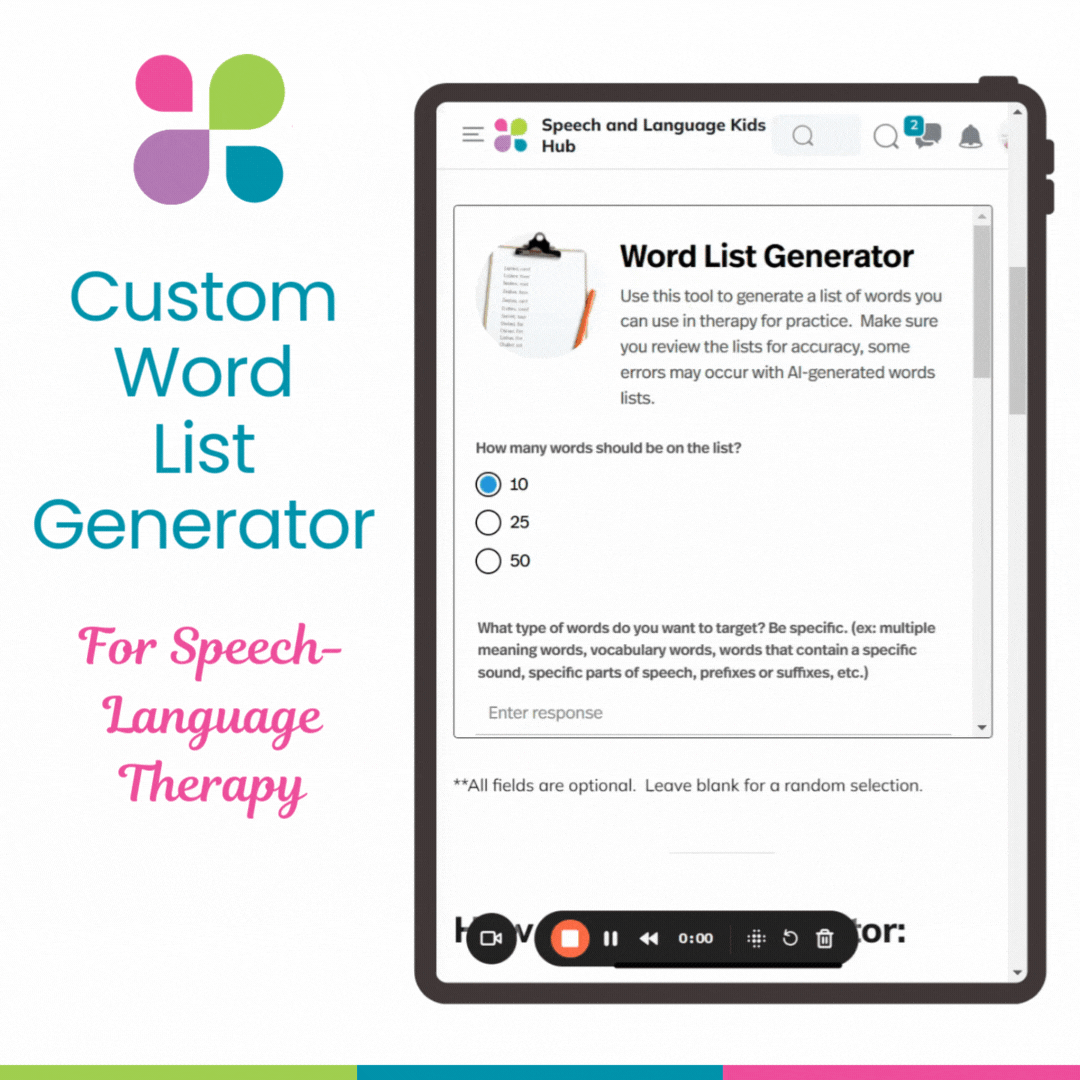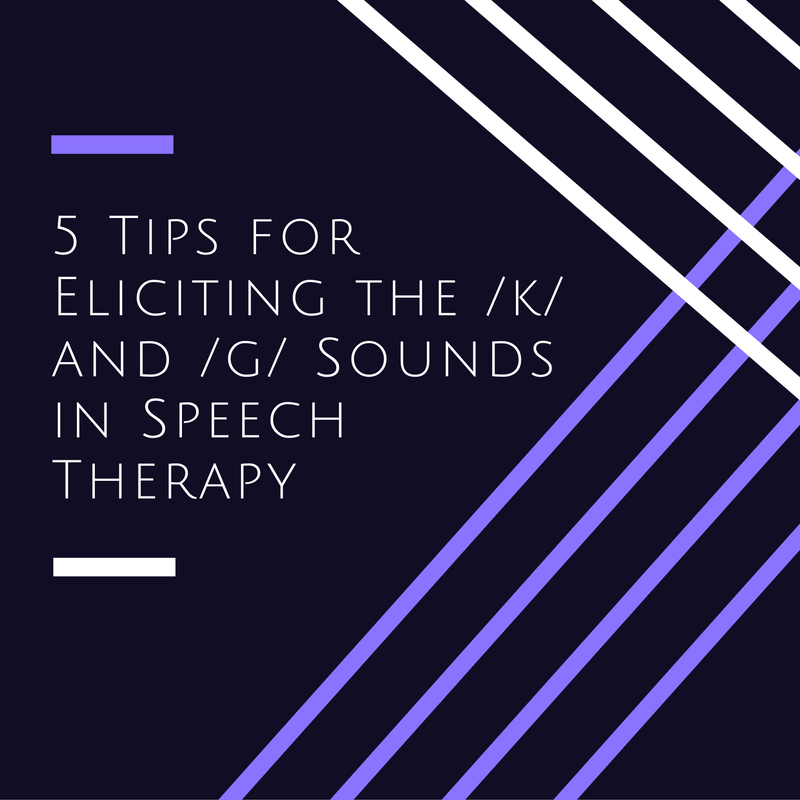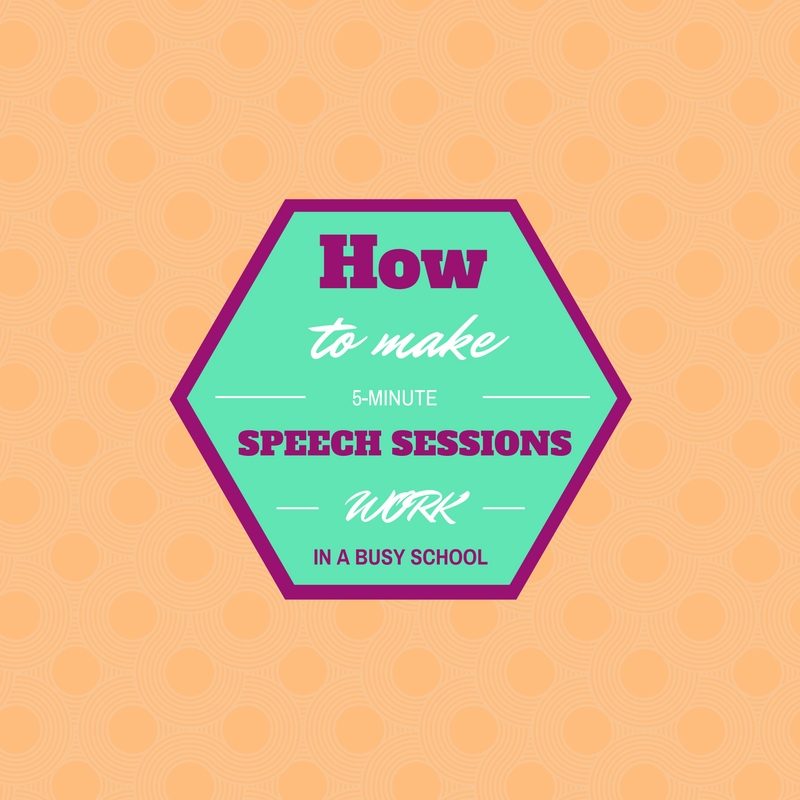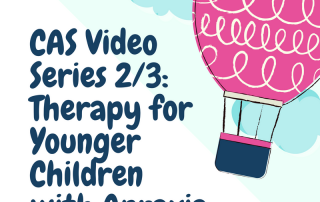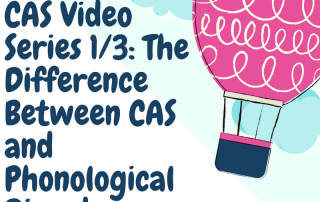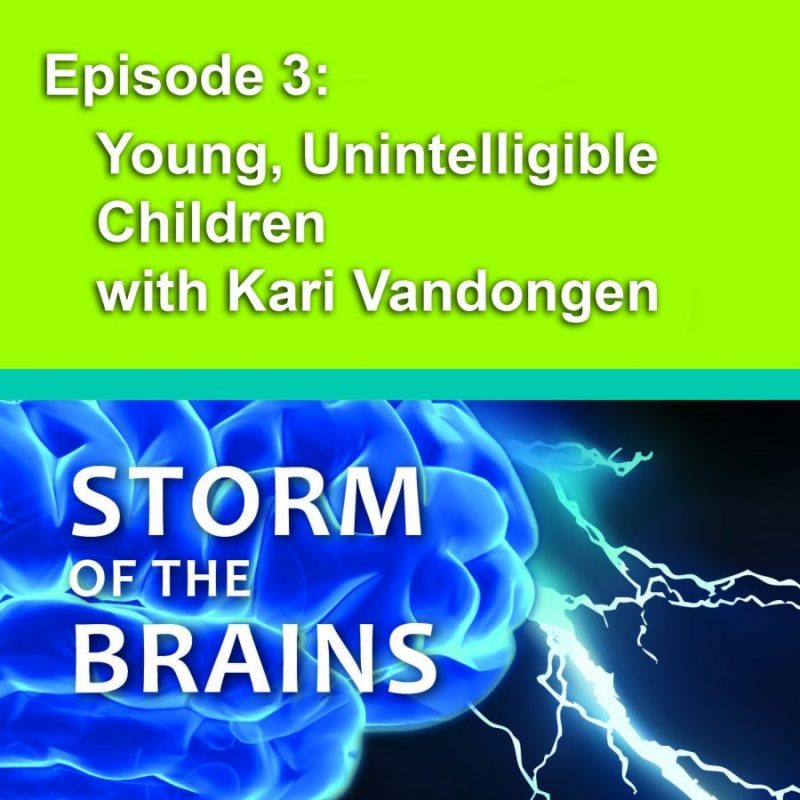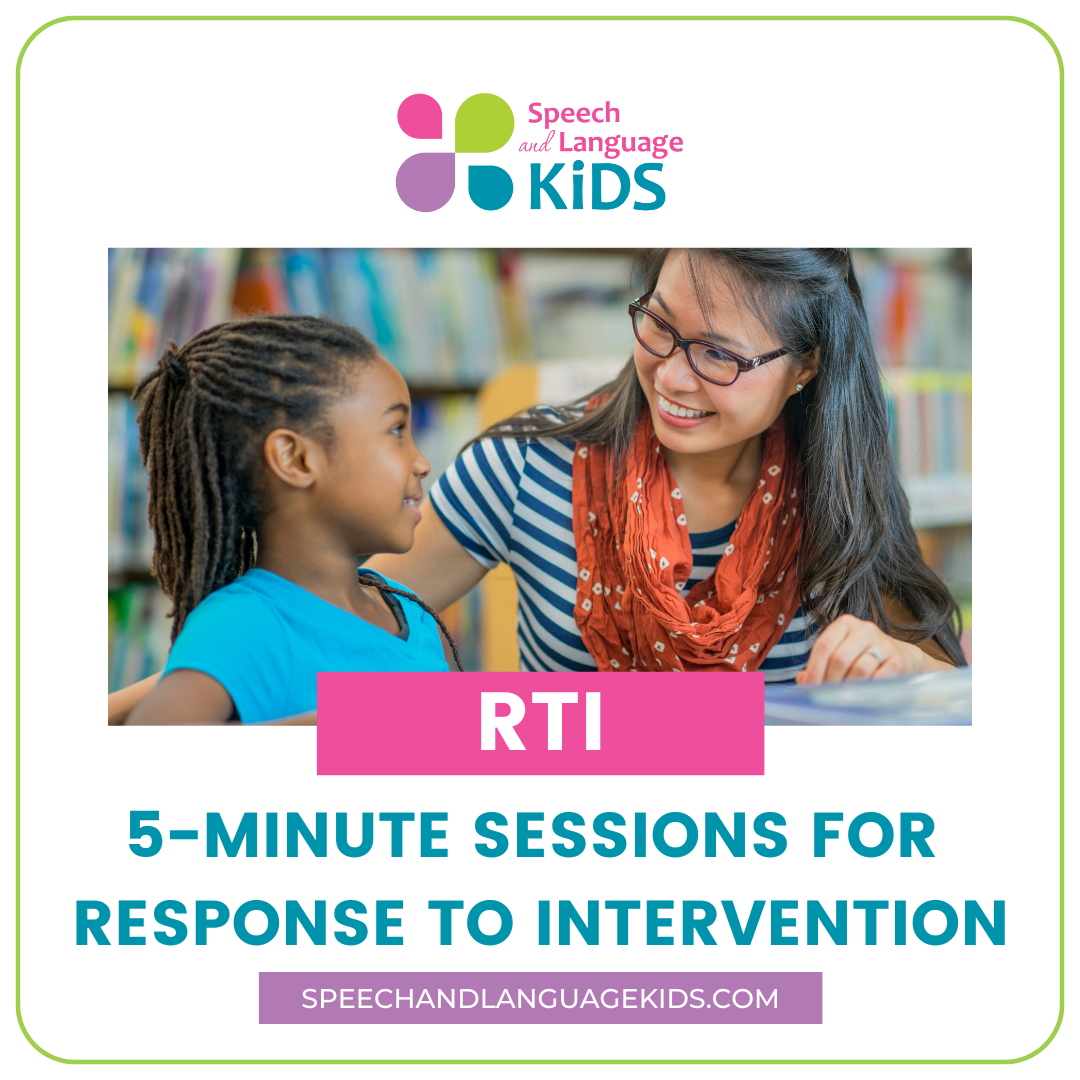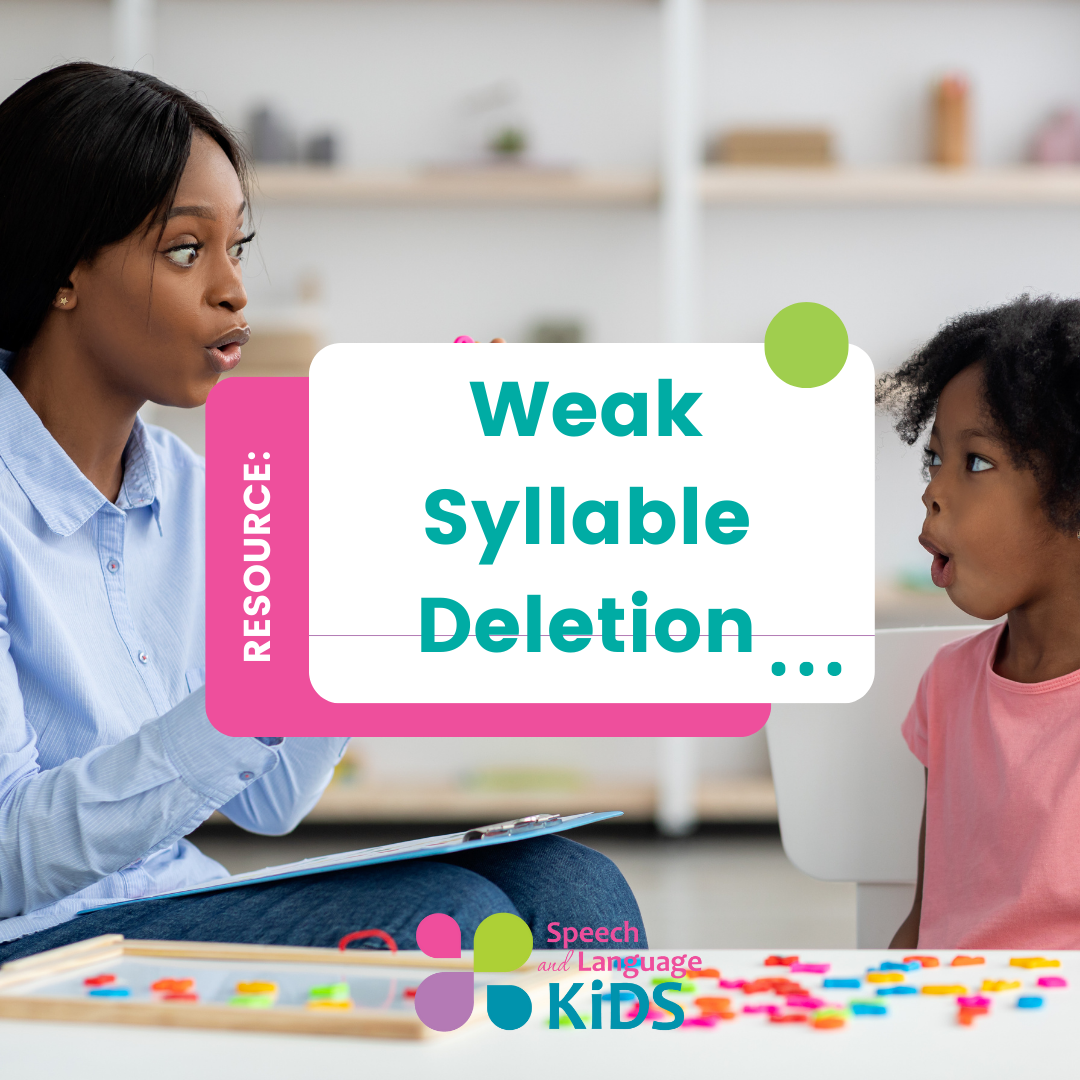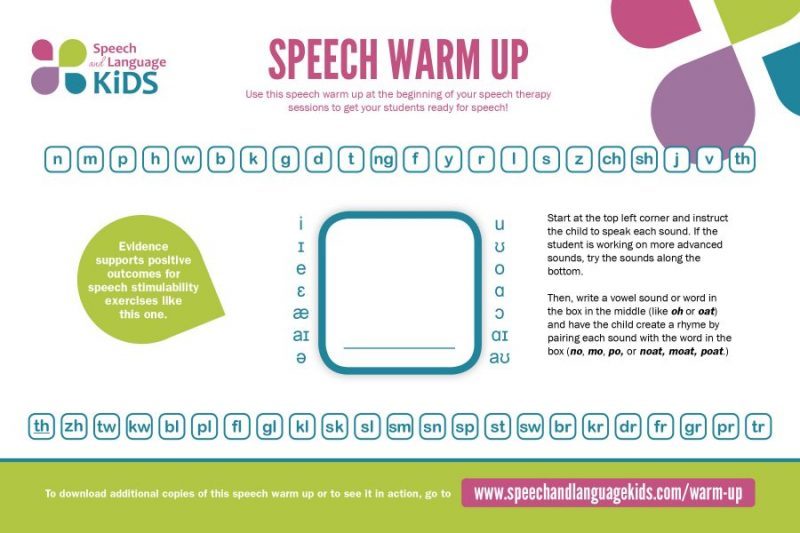Topic:
Resource Type:
Results:
Announcing: Summer Camps and Teams Program
Announcing: Summer Camps and Teams Program In this short and exciting update episode, Carrie Clark announces two brand new virtual summer camp experiences inside the Speech and Language Kids Hub—one for parents & caregivers, and one for SLPs and related professionals! Plus, get an exclusive sneak peek at the
Cycles Approach for Language – Treating Multiple Areas of Language Simultaneously
Cycles Approach for Language: Treating Multiple Areas of Language Simultaneously When a child is struggling in more than one area of language, how do you decide what to work on first? In this episode, Carrie Clark, SLP and creator of the Speech and Language Kids Hub, shares her
When Should Children be Able to Say Certain Sounds? (And How Can We Help?)
When Should Children be able to Say Certain Sounds? (And How Can We Help? One of the top questions I get is about whether or not a child should be saying certain speech sounds. Let me tell you, there is a WIDE range of normal when it comes to
The Cycles Therapy Approach for Children who are Very Hard to Understand
The Cycles Therapy Approach for Children who are Very Hard to Understand If you haven't tried the Cycles Approach to phonology therapy yet, you're missing out! This is an amazing therapy method that is especially designed for children who are highly unintelligible and who have multiple phonological processes, or
How to Generate Custom Word Lists for Speech-Language Therapy
How to Generate Custom Word Lists for Speech-Language Therapy Hey! I know you're busy so I'll keep this brief. If you're teaching speech/language skills and you need some word lists, you've come to the right place! Artificial Intelligence (AI) has made it possible for us to create custom word
Speech Therapy for Non-Native Speaking Students
Speech Therapy for Non-Native Speaking Students Many of us have diverse students on our caseloads. How do we know if their sound errors are due to second language influences or a true disorder? What sounds or processes do we focus on to be successful? Are there kids
5 Tips for Eliciting the /k/ and /g/ Sounds in Speech Therapy
Do you have any children struggling to say those tricky /k/ and /g/ sounds? Jenna Rayburn from Speech Room News is here to help! Check out these 5 tips...ok, well it's really more like 7 or 8 tips...to help your children or students say that tricky /k/ and /g/
How to Make 5-Minute Speech Sessions Work in a Busy School
In this video, speech-language pathologist Carrie Clark shows you how to make 5-minute speech sessions work when you have a busy, noisy environment to work in. Strategies for Getting Those Sessions Done Without a Ton of Transition Time: Pull into the hallway right outside the classroom.
Hide the Penny Game for Phonological Therapy
How to Use for Phonological Therapy: This fun game can be used for phonological therapy to eliminate phonological processes like Final Consonant Deletion. You can use this game to work on auditory discrimination or spoken production at the single word level. I also show you how to adapt this
CAS Video Series 2/3: Therapy for Younger Children with Apraxia
This is the second video in a 3-part series about Childhood Apraxia of Speech. If you found this video by mistake and you aren't signed up to receive the other two videos by email, click here to make sure you don't miss out! How to do Therapy for Younger Children with
CAS Video Series 1/3: The Difference Between CAS and Phonological Disorder
This is the first video in a 3-part series about Childhood Apraxia of Speech. If you found this video by mistake and you aren't signed up to receive the other two videos by email, click here to make sure you don't miss out! The Difference Between CAS and Phonological Disorder:
Articulation and Phonological Therapy Approaches: How to Choose
Articulation and Phonological Therapy Approaches: What is the Best Speech Sound Therapy? It can be very difficult to figure out what type of speech sound therapy to do with a child. Today, I'm going to walk you through the four main types of therapy and when to
Cycles Approach for Speech Therapy | Steps and Therapy Plan
What is the Hodson Cycles Approach to Speech Therapy? An amazing speech-language pathologist named Barbara Hodson created the cycles approach, sometimes called the Cycles Phonological Remediation Approach as a way to help children with many phonological processes make faster progress in speech therapy. Hodson's research showed that
SOTB3: Young, Unintelligible Children with Kari Vandongen
Speech therapists Carrie Clark and Keri Vandongen brainstorm therapy ideas for children who are young and highly unintelligible. These children are too young for traditional drill and practice so alternatives are needed! Links from Today's Episode: www.myspeechparty.com www.apraxia-kids.org EZ speech with David Hammer Ask a Question: www.speechandlanguagekids.com/ask
RTI Speech Therapy: How to Use 5-Minute Sessions for MTSS Tier 2
RTI Speech Therapy: How to Use 5-Minute Sessions for MTSS Tier 2 Response to Intervention (RTI) is an approach to supporting children who are struggling to learn something from the general education curriculum. It is when we provide additional supports to those children outside of the special education
Weak Syllable Deletion: Speech Therapy for Syllable Reduction
Weak Syllable Deletion: How to Treat Syllable Reduction in Children Unstressed syllable deletion, also known as weak syllable deletion or syllable reduction, is the phonological process that occurs when a child deletes one or more syllables from a multisyllabic word. For example, "umbrella" might become "brella". This is
Speech Therapy Warm-Up
Still doing Non-Speech Oral Motor Exercises for Warm-Ups? Try this instead!! Click Here to Download a PDF of the Warm-Up Need some sources for this info? Dr. Loff shared these with me: http://lshss.pubs.asha.org/article.aspx?articleid=1778841 http://www.researchgate.net/publication/248844490_Oral_Motor_Exercises_and_Treatment_Outcomes http://europepmc.org/abstract/med/19058121 http://www.citeulike.org/group/18272/article/12798999 http://sig16perspectives.pubs.asha.org/article.aspx?articleid=1761803 http://lshss.pubs.asha.org/article.aspx?articleid=1779061 Speech sounds that are stimulable are more likely to improve without
Final Consonant Deletion | Activities, Words, and Goals
What is Final Consonant Deletion? Final consonant deletion is a phonological process (pattern of speech errors) where a child drops off the ending consonants of all words. Final Consonant Deletion Examples: “dog” becomes “dah” “cat” becomes “ca” And “Please Mom, can I eat some eggs and toast?”
Phonological Processes: Definition, Examples, and Therapy
What Are Phonological Processes? Phonological processes are patterns of sound replacements that children use to simplify their speech. When a child is young, he hears the speech sounds of the language used around him, but he can't yet produce all of them. Children don't sound like adults when they
Initial Consonant Deletion: Minimal Pairs and Therapy Activities
What is Initial Consonant Deletion? Initial consonant deletion is the phonological process when a child consistently leaves off consonants from the beginning of words. For example, "stick" becomes "ick" and "tree" becomes "ee". While young children often leave consonants off of the ends of
Podcast: Play in new window | Download | Embed
Subscribe: Apple Podcasts | RSS


